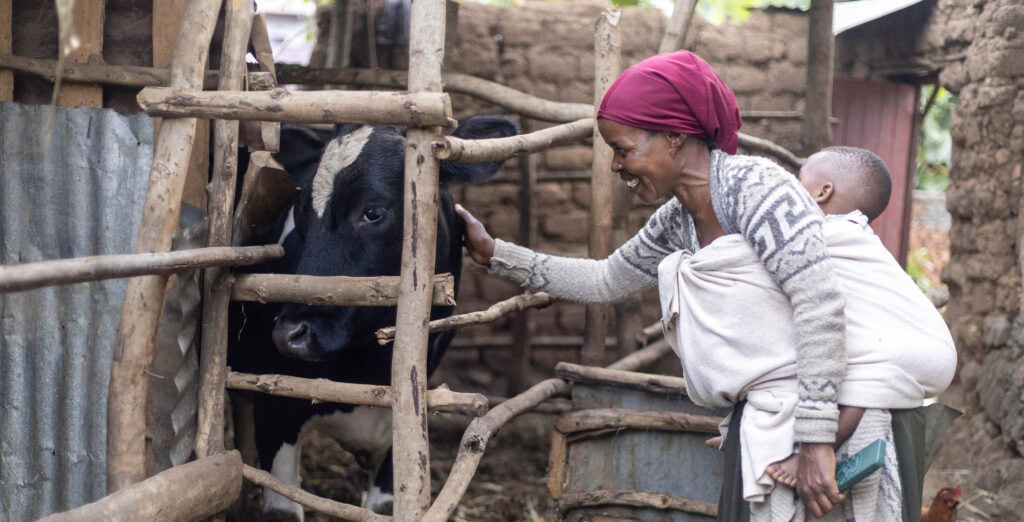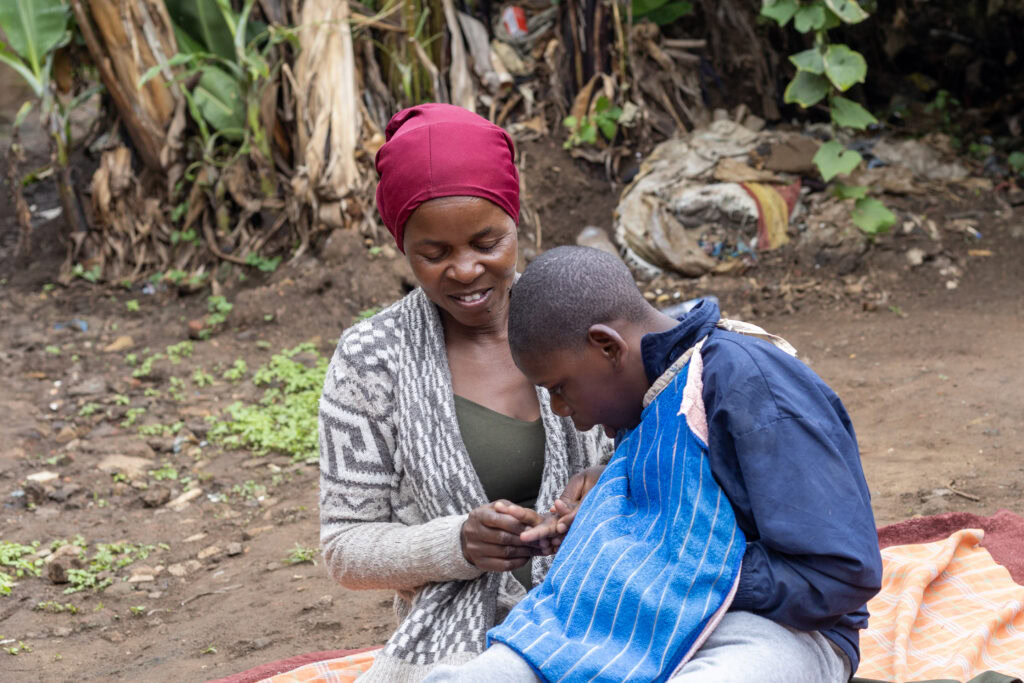Monique was born in 1973 and raised in a large, loving, and caring family. She was the seventh child among many siblings and grew up surrounded by affection. In 1995, she got married, and together with her husband, they had one child. Sadly, after just two years of marriage, her husband passed away, leaving her to raise their only child on her own.
Her Journey into Foster Care
Monique’s journey into foster care began in 1997; when she welcomed her first foster child. Over the years, she has become a trusted caregiver in her community, fostering more than five children referred by local leaders—most of whom were either abandoned or at risk of institutionalization due to their disabilities or lack of family care.
Despite having no formal training at the time, Monique opened her home and heart to children with complex needs—driven purely by love and compassion. It was after she had already taken in children with disabilities, including Gad and Rebecca, that she was formally trained as a foster parent by the National Child Development Agency (NCDA). The training equipped her with foundational skills in child protection, trauma-informed caregiving, and the rights of children in alternative care. It strengthened her confidence and validated her efforts—empowering her to continue with even greater knowledge and purpose.
Caring for Gad: A Young Boy with Disabilities
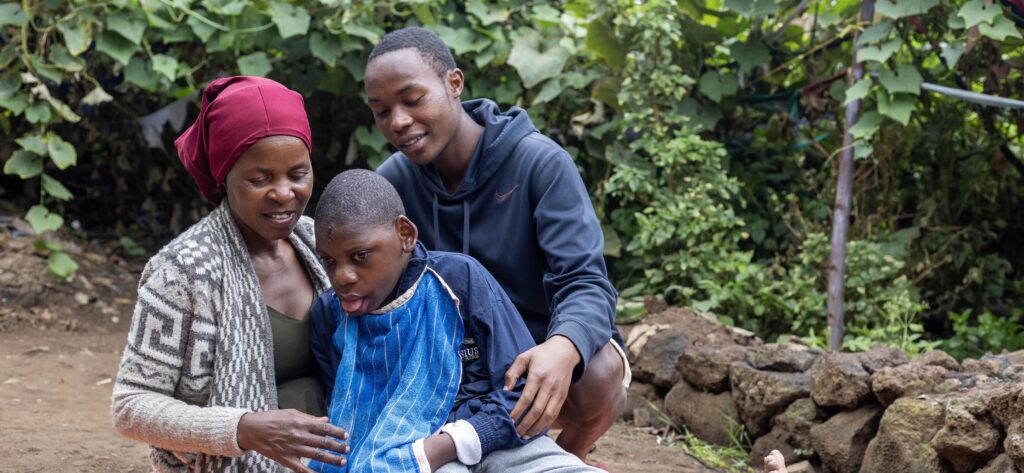
Monique, Gad, and her elder son.
In 2011, Monique was approached to take in Gad, a boy who had been abandoned in the neighborhood. He was found by a cattle herder and brought to his employer, who refused to care for him upon noticing signs of pneumonia and visible disabilities. Local leaders at district level intervened and admitted Gad to the hospital for urgent treatment. Once he recovered, efforts to place him in foster care were met with rejection from many families—until Monique stepped forward.
Gad, who lives with mental, physical, and speech impairments as well as epilepsy, has been in Monique’s care ever since. Her decision to foster him not only changed his life—it kept him from growing up in an institution.
Over the years, Gad has grown into a lovely young boy. He is affectionate, kind-hearted, and shares a deep bond with Monique, always showing her immense love and gratitude. He is also a proud player of Boccia at the district level, a sport designed for individuals with physical disabilities. Through his participation and community involvement, Gad has become well-embedded in his community, breaking stereotypes and inspiring others with his resilience and joy.
When Rebecca Needed Her: Another Young Girl with Disabilities
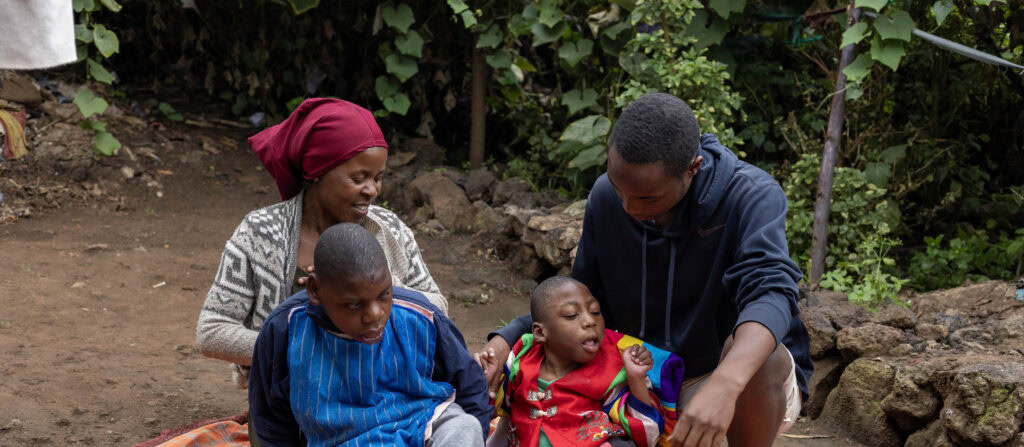
*Monique, Gad, Rebeca, and his elder son
In 2019, Monique’s first foster daughter—now an adult—gave birth to a child with complex disabilities. The baby, Rebecca, was born with physical deformities and later developed severe and profound mental, speech, and visual impairments. At the age of three and a half, Rebecca was abandoned by her mother, who left Rwanda for Uganda and never returned.
Once again, Monique opened her heart and home to a child in need.
Although Rebecca has severe and profound disabilities, making it extremely difficult for her to respond to external stimuli or engage with her environment, she is treated with immense care and dignity. Monique showers her with love and attention, ensuring that she feels safe, comforted, and valued every single day. Her patience and unwavering support stand as a testament to the power of maternal love, even in the most challenging circumstances.
Though she was strong enough to care for two children with disabilities, she is not alone. Her only biological son has been a constant pillar of support, helping her in daily caregiving and offering emotional strength. Monique often says that his presence gives her the energy to keep going, even on the toughest days.
When Support Makes the Difference
As the caregiving demands grew, so did the pressure on Monique—physically, emotionally, and financially. Caring for two children with profound and complex disabilities required constant attention, time, and resources that she could not always provide on her own.
Hope and Homes for Children works closely with local leaders at the district and community levels to identify families at risk of separation and provide targeted support to prevent unnecessary child institutionalization or child-family separation. It was through this collaborative approach that Monique’s family was identified and included in the Prevention of Family Separation support project.
Hope and Homes for Children stepped in to support, helping Monique continue what she had already been doing with love and determination. The organization provided essential support such as renovating her house, ensuring a safer and more comfortable environment for the children. They also provided her with a sewing machine, giving her a source of income and a sense of economic independence so she could better provide for her family. They further ensured access to health services, therapy, and psychosocial support—giving both Monique and the children means to access health services.
Beyond material help, the emotional and moral encouragement Monique received meant she no longer felt alone in her parenting journey. Regular check-ins, counseling, and connection to local disability and child protection networks helped her maintain the strength and confidence to continue.
Becoming a Peer Support Facilitator
As part of this journey, Monique was also trained by Hope and Homes for Children as a peer support group facilitator. In this role, she now supports other families of children with disabilities, providing a safe space for sharing experiences, emotional release, and group counseling. Her lived experience gives her the credibility and empathy needed to walk alongside others—helping them realize they, too, can raise their children at home, not in institutions for children and young persons with disabilities.
This support system reinforced the care that already existed, enabling Monique to not only sustain her own parenting but also become a role model and a source of hope for other parents of children with disabilities
A Recognized Champion of Family Care
Monique’s commitment to foster children has not gone unnoticed. She was recognized and rewarded as a national model of foster care during the National Celebration of Foster Care Families—an honor that reflects her selflessness, resilience, and the powerful role of foster parents in protecting the most vulnerable children.
Her story is a reminder that, with the right support, ordinary individuals can do extraordinary things for children—especially those living with disabilities.
